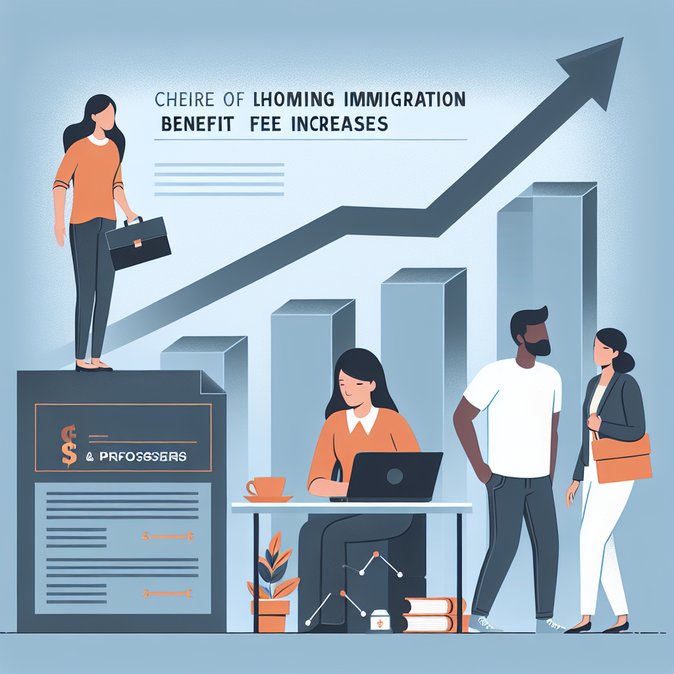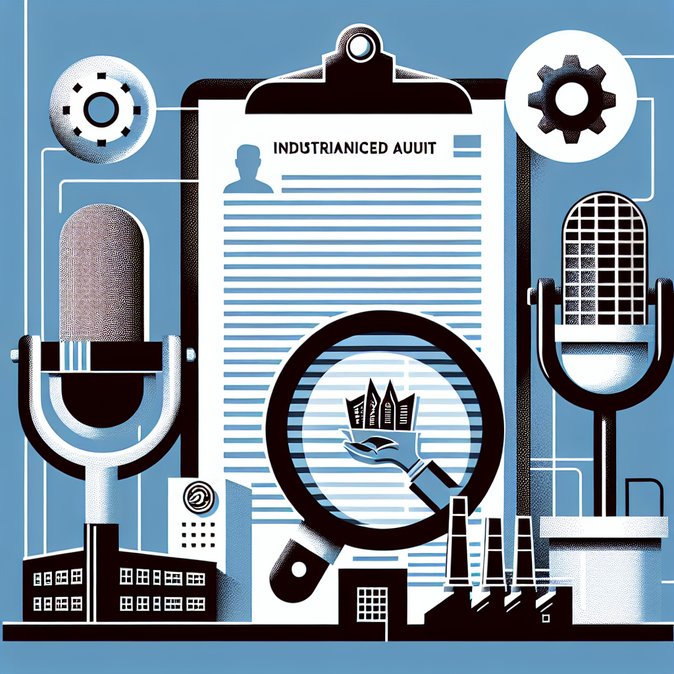
At 00:24 IST on 23 November, the US Citizenship and Immigration Services (USCIS) published its annual inflation adjustment for immigration benefits, confirming a slate of fee hikes that take effect on 1 January 2026. Although the rises are modest—most forms climb by US $10—the changes come on top of the new US $25 “visa-integrity” surcharge introduced this summer.
Key forms affected include the I-765 Employment Authorisation Document and the I-821 Temporary Protected Status application. While petition-based work visas such as H-1B are governed by separate, employer-paid fees, the higher ancillary charges will still ripple through corporate mobility budgets covering dependent work permits, asylum-related EADs and parole renewals.
![USCIS sets 1 January 2026 fee increases; Indian applicants face higher costs]()
For Indian technology firms and consulting majors that maintain large onshore workforces, the administrative bill will rise further because USCIS will now adjust fees annually using the Consumer Price Index, eliminating multi-year fee plateaus. Global mobility managers should therefore incorporate automatic escalators into cost projections and alert employees filing personal benefit requests after 31 December.
Applicants must ensure that cheques accompanying packages post-marked on or after 1 January reflect the new amounts; USCIS rejects short-paid submissions outright, causing cascading delays in start dates and international travel plans. In-house legal teams should update fee matrices and re-train paralegals well before the holiday shutdown.
Although the increases are relatively small in absolute terms, they reinforce Washington’s multi-pronged strategy to fund adjudications through user fees and deter frivolous filings. Companies reliant on US assignments can expect similar incremental adjustments every year, making proactive budgeting and early filing more critical.
Key forms affected include the I-765 Employment Authorisation Document and the I-821 Temporary Protected Status application. While petition-based work visas such as H-1B are governed by separate, employer-paid fees, the higher ancillary charges will still ripple through corporate mobility budgets covering dependent work permits, asylum-related EADs and parole renewals.

For Indian technology firms and consulting majors that maintain large onshore workforces, the administrative bill will rise further because USCIS will now adjust fees annually using the Consumer Price Index, eliminating multi-year fee plateaus. Global mobility managers should therefore incorporate automatic escalators into cost projections and alert employees filing personal benefit requests after 31 December.
Applicants must ensure that cheques accompanying packages post-marked on or after 1 January reflect the new amounts; USCIS rejects short-paid submissions outright, causing cascading delays in start dates and international travel plans. In-house legal teams should update fee matrices and re-train paralegals well before the holiday shutdown.
Although the increases are relatively small in absolute terms, they reinforce Washington’s multi-pronged strategy to fund adjudications through user fees and deter frivolous filings. Companies reliant on US assignments can expect similar incremental adjustments every year, making proactive budgeting and early filing more critical.


